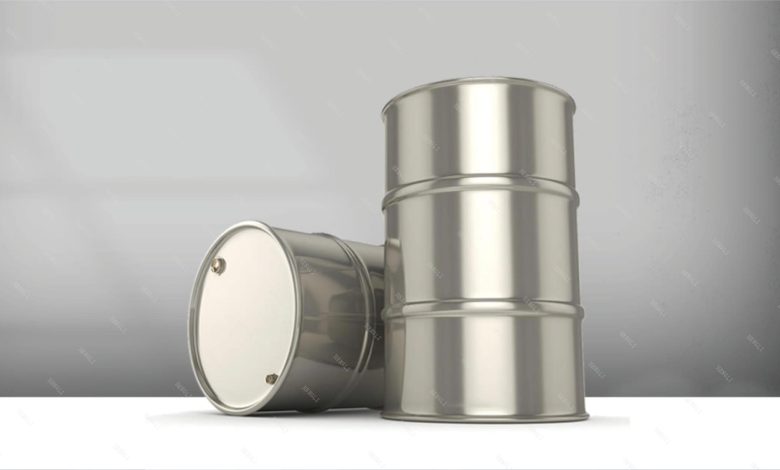Unlocking the Benefits of Hengli’s THF Solvent for Your Industrial Projects

As industrial applications become more complex, it’s vital to choose a solvent that can keep up with your production requirements. Hengli’s THF solvent is a versatile, high-quality product that can help you achieve better results in your projects. In this article, we’ll explore the different uses and advantages of Hengli’s THF solvent. Whether you’re working in metalworking, surface coating, printing, or other industries, Hengli’s THF solvent could be the key to unlocking enhanced efficiency, durability, and performance in your projects.
Introduction of Hengli’s THF Solvent
Hengli’s THF solvent is a reliable and high-quality product that has gained popularity in several industries. Tetrahydrofuran is a colorless liquid that is highly soluble in water and has the unique property of being a reaction solvent, making it an excellent choice for processing a wide range of materials.
THF solvent is widely used in organic synthetic raw materials, thanks to its excellent durability, color retention, and heat resistance. Its low viscosity and high solvency power make it an ideal choice for dissolving and processing various materials with ease. It is also highly versatile, making it suitable for an extensive range of applications.
Hengli’s THF solvent is particularly useful in surface coating, where it offers excellent color retention and heat resistance, making it a popular choice for producing durable and long-lasting coatings. Its low toxicity and low boiling point also make it a safe and environmentally friendly option for many industrial applications.
Conclusion
In summary, Hengli’s THF solvent is a high-performance and versatile product that comes with several benefits. Its low viscosity, high solvency power, and unique reaction solvent properties make it an excellent choice for processing different materials. Its durability, color retention, and heat resistance make it ideal for surface coatings and other industrial applications. And its low toxicity and low boiling point make it a safe and eco-friendly option.





